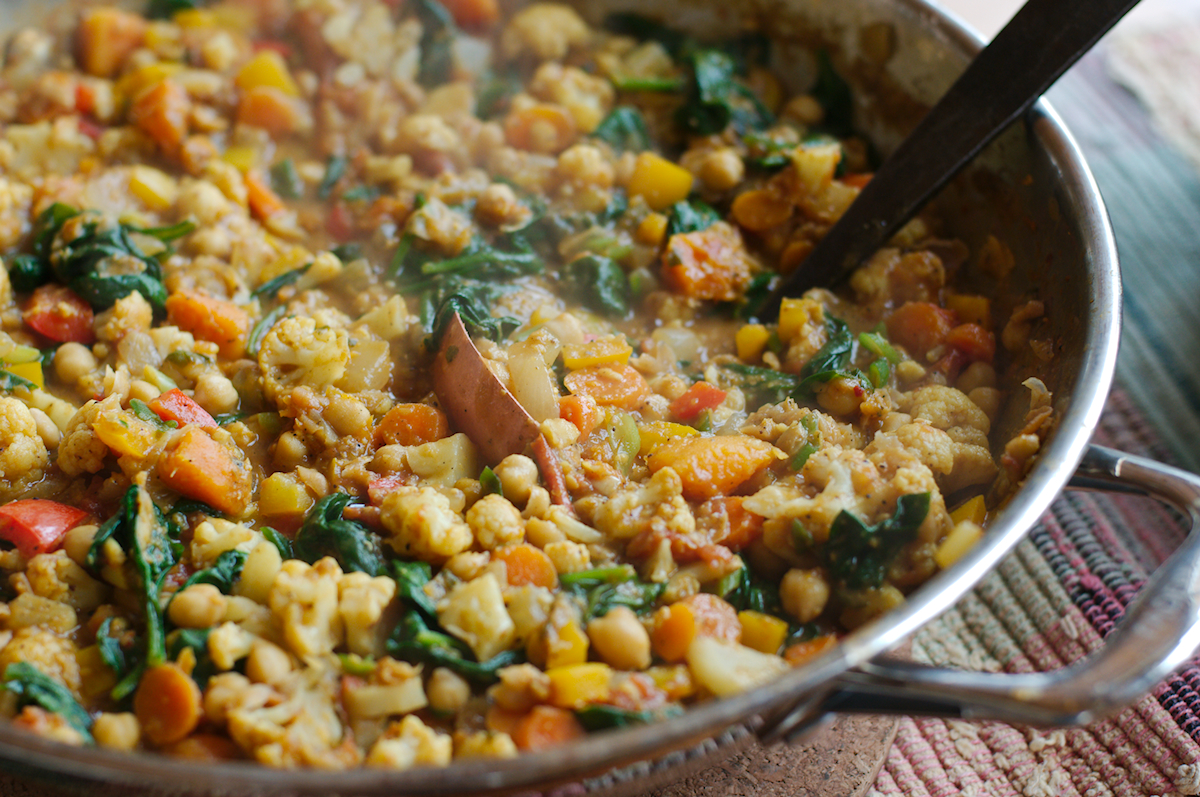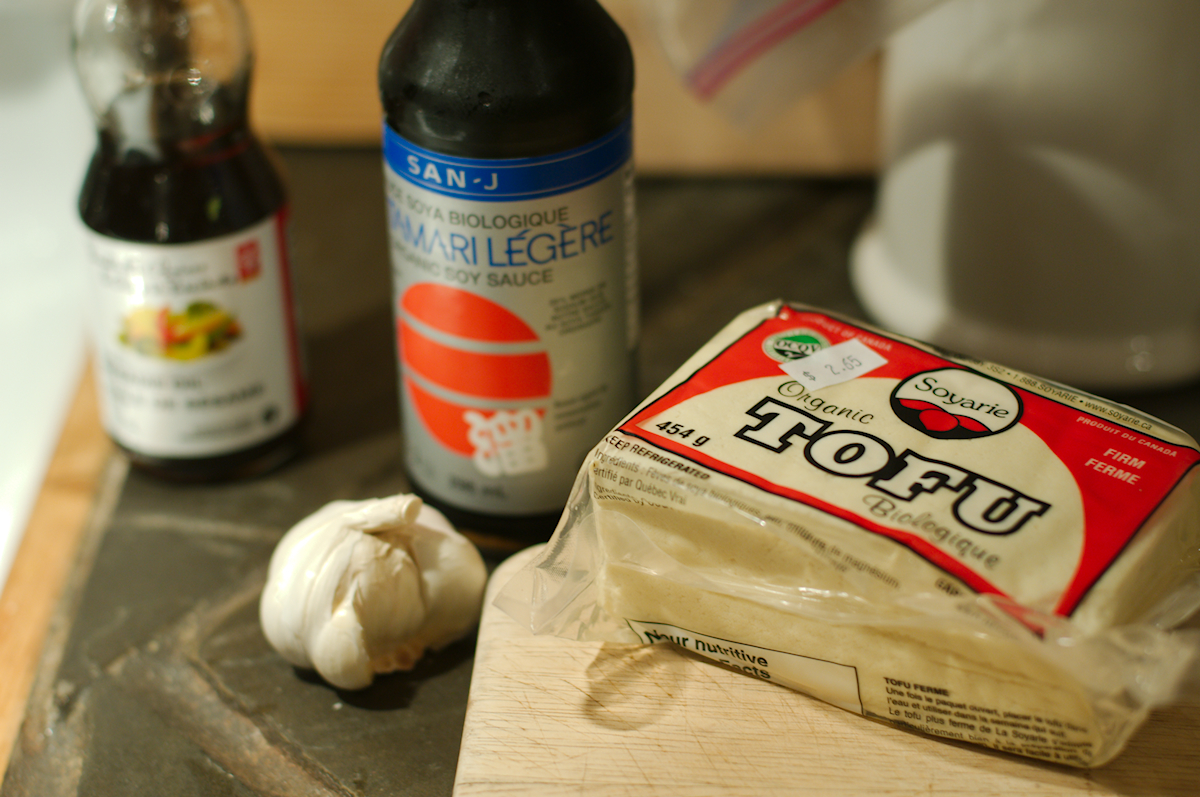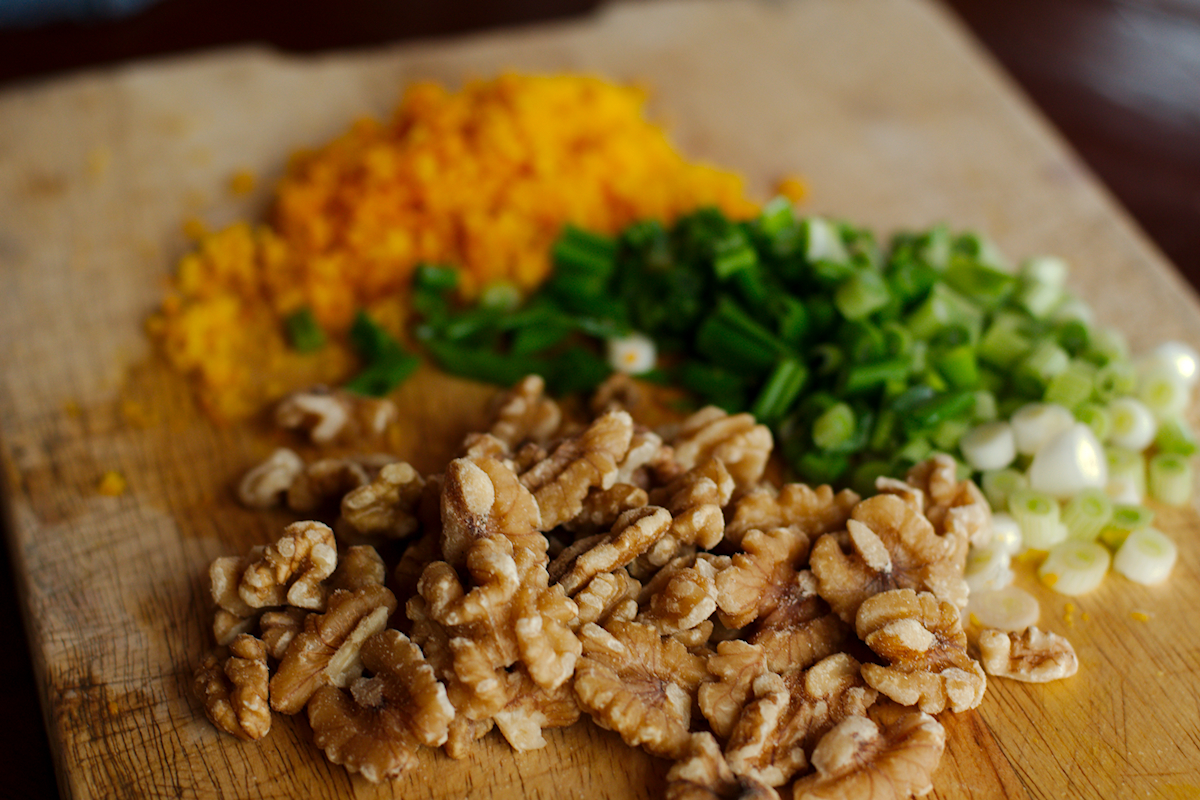Get posts by email
How to define health and what food guru can I trust?
August 21, 2018
The fifth post in an eight part series.
My personal definitions of being a good wife and a good mom were tangled up with food prep, cooking, and eating. But a couple other things had been going on beneath the surface for years, and these also contributed to my desire to burn the whole thing down.
For years I had been using physical health as the most important measure of "health".

We changed our diet originally because of my husband's physical health and looking for solutions for disease and illness. And it worked.
And I still believe that eating lots of plants is very healthy and that plants are probably the best food source for humans, at this current stage of our physical, spiritual, and ecological evolution. (More on that later.)
But physical health is not the complete definition of health and I came to learn that I had my own health issues and they weren't physical, they were mental and emotional.
I had been spending a lot of my personal energy attending to my physical well-being with a clean diet and some pretty rigorous outdoor exercise (hiking with my family). My emotional and mental health were just as important, but they didn't receive the same attention. Even though I was in great physical health; at my ideal weight, fit and without disease, it wasn't the whole picture
For better or worse, what I eat does not affect my body the way food affects Damien's body. Unless I eat something really gross (tons of fat, or tons of carbs, really low fiber) I don't experience negative bodily sensations. My skin is good, my digestion is good, my energy is good. My body doesn't say "ugh, you really shouldn't eat this" very often. Now that doesn't mean those foods aren't affecting the unseen parts of my body. I'm sure they do, it's not not the same feedback loop as it is for Damien.
But my body definitely speaks in other ways. I am prone to anxiety and I struggled with SAD in the winter, while eating a physical-health supporting diet.
Health is more than just what you eat.
We are too complicated as individual organisms, a population of individuals, and as a society to define health by strictly physical measures and according to a very specific diet.
I was tired of carrying the banner of equating my health with the food I ate. It wasn't true.

And yet...I still believe what I said earlier, that plant foods are probably the best food source for humans, at this current stage of our evolution. This rings true for me scientifically, ecologically, and spiritually.
And yet... I am not committed to eating just plants or just mostly plants anymore.
In large part because after years of following food gurus and authorities (interestingly, all male) I really want to learn how to trust myself and my own body. I want to learn how to make decisions that feel good for me, on all levels of my being.
And eating just plants or mostly plants does not feel good for me right now on all levels of my being. It might seem cognitively smart (the science supporting whole food plant-based diets is still valid), or even spiritually aware (I'll talk more about this in my next post) but it doesn't satisfy me or interest me physically.
I'm a thinker, not a feeler. It's hard for me to know things intuitively so my default is to lean into cognitive knowledge over heart knowledge or body knowledge.
I naturally use my head to navigate the world but this tendency was amplified for me in following a plant-based diet.
It's hard to trust my body in the North American food culture. The message I picked up from the books I read, and experts I followed was that if I lived in a Mediterrenean or tropical locale, or a small Japanese island with only naturally grown foods available (always some other place than where I lived) I could trust my body to eat whatever it desired. But I live in gluttonous, consumeristic North American, full of foods (and advertising) that can harm me. And in this food culture my taste buds, my desires, my body will betray me.
A very rational head had to rule over heart and over body. Which is my default anyway.
This is further complicated by the unbelievable number of options which creates both freedom and burden. Options mean we have to think and make choices about how we're going to eat. (So many choices!) And how we eat has now become a statement of values and belief beyond mere survival.
Instead of the reality of my northern European ancestors who used their thinking powers to devise methods to grow more food to feed a family through the winter, and ate everything available to them, and still didn't get enough food, we're now sifting through the thousands of options available to us, monitoring ourselves so we don't overeat. Picking and choosing a diet that aligns with a philosophical or biological premise.
And the influence of manufacturing and advertising in our lives cannot be overstated. On the physical side of things, humans crave the sweets, salts, and fats because we naturally need them and so we evolved to seek those in our foods, but manufactured food preys on this biological wiring and magnifies it with unnatural amounts of those ingredients, in combinations and quantities you'd never find in a whole plant food, or a fresh slice of animal flesh.
To add another layer, we also crave meaning and purpose in our lives. We crave identity and belonging and we align ourselves with certain food philosophies and dietary choices as a means of belonging and tribal identity. Religious dietary rules are a great example of this. So is the devotion people have to vegan, paleo, nearly-vegan (fill-in-the-blank) diets and the connection they seek with people around those dietary lifestyle choices. We define ourselves and the culture and community to which we belong, by the food we eat.
This is complicated and overwhelming, culturally and individually.
Food is not just food. Food is health. Food is cultural identity. Food is belief. Food is advertising. Etc. It's as complicated as sex.
With all these options, conflicting scientific data, advertising, and evolutionary biology not caught up with huge societal changes of the agricultural, industrial, and technological revolutions, the message I internalized was this: I can't be trusted to just follow my taste buds or cravings to the best diet. My body will betray me.
How are you supposed to find a holistic definition of health and a sense of trust in yourself in this kind of food culture?

I get the importance of overriding bodily impulses. It's part of what differentiates us from the rest of the animals. Theoretically, it makes us civilized.
Western culture and civilization especially has valued head knowledge over body knowledge for a couple thousand years (that philosophy made Western culture what it is). And so many westerners are disassociated from our bodies and body knowledge, and other types of knowing, in ways that indiginous and eastern cultures are not. And now we have psychology-driven advertising added to the mix. Talk about messing with our minds and our bodies.
Increasingly "what should I eat?" had become a question of "who and what source of knowledge do I trust?" I got fed up with feeling like I couldn't trust myself about my own damn body. I got so tired of thinking about it all. I didn't enjoy cooking strictly vegan meals anymore. I wanted more options. And I was beyond exhausted with the whole "good wife and good mom equals good cook" equation in my life.
I quit being mostly-vegan and started following the "eat whatever feels good and doesn't require too much creative energy" plan.
Next post: The ethics of eating animals (& why I do it anyway)
Never miss a post. Receive all blog posts, in their entirety, to your inbox. Subscribe here.
Filed Under
Part of Series
Resource Library
-

Michelle in Florida on Aug. 21, 2018, 3:29 p.m.
Renee, I have been on a similar journey the last few years. After 20 years of healthy vegetarian eating and about 4 years vegan, I was prone to major anxiety, depression and mood swings, joint pain, low energy, etc. When I hit age 40, I slowly began to change my diet. It was extremely difficult after all the brainwashing of veganism. I'm 45 and I now eat everything I feel like eating, trying to mostly eat real (minimally processed) foods. I feel so much better physically and mentally. And I honestly enjoy life more because I'm not stressing over food choices.
Thank you for writing this, it is important for people to know that vegan or vegetarian isn't always healthy for everyone and that's okay.
-

Pam on Aug. 21, 2018, 7:11 p.m.
Gah! You have an eerie ability to articulate many things I experience. I am married to a vegetarian, raising two vegetarian kids. I was a vegetarian for years but gave it up (and have felt the guilt) in the midst of pregnancies, breastfeeding, and post partum depression. We joke we are raising them in his religion. It’s not really a joke.
-

Renee on Aug. 22, 2018, 9:07 p.m.
Ah, the guilt we experience about so many things... As a theology and philosophy nerd it's interesting to me how many ideologies are actually religions (way beyond the usual things we associate with religion having to do with God, afterlife, etc.) How people eat can definitely be a religion. We joke about it but like you say, not really a joke. I loved the chapter on Religion in Yuval Noah Harari's book Sapiens. One of the best definitions of religion I've ever read.
Anyway, I wish you freedom from the guilt. It's a pain in the ass to carry around so much of that around (as moms especially). xo.
-
-

Wanda on Aug. 23, 2018, 4:21 a.m.
Hi Renee, whoa what a journey for you. This is a great post and I’ll bet so many people can relate as we tie up our food with so many cultural things. I just picked up Marian Woodmans book on perfection and it always surprises me how mysterious topics go through circles of people that are seemingly unrelated. I consider myself on the same path as you, learning to trust instinct. So far I love it. Ideals that come from within always lead us home. Thanks for sharing your experience. I’ll be following along!
-

Justine on Feb. 4, 2019, 10:33 p.m.
What a great way to express what I'm feeling... Thanks
You can subscribe to comments on this article using this form.
If you have already commented on this article, you do not need to do this, as you were automatically subscribed.






Lisa Zahn on Aug. 21, 2018, 3:05 p.m.
Just want to let you know I'm following along and enjoying these posts on eating and all that goes with it very much! I appreciate how you are diving into the details and thoughts about this topic, and I like reading your perspective too.